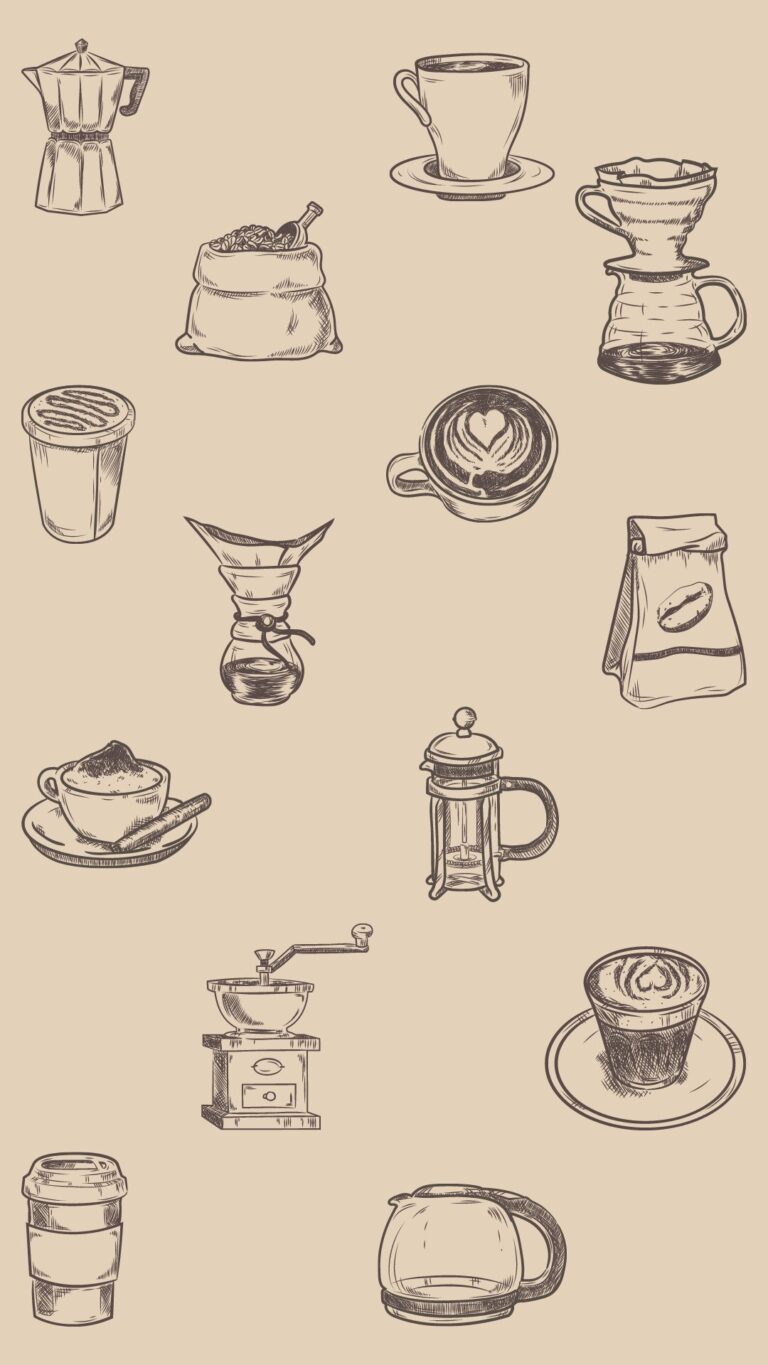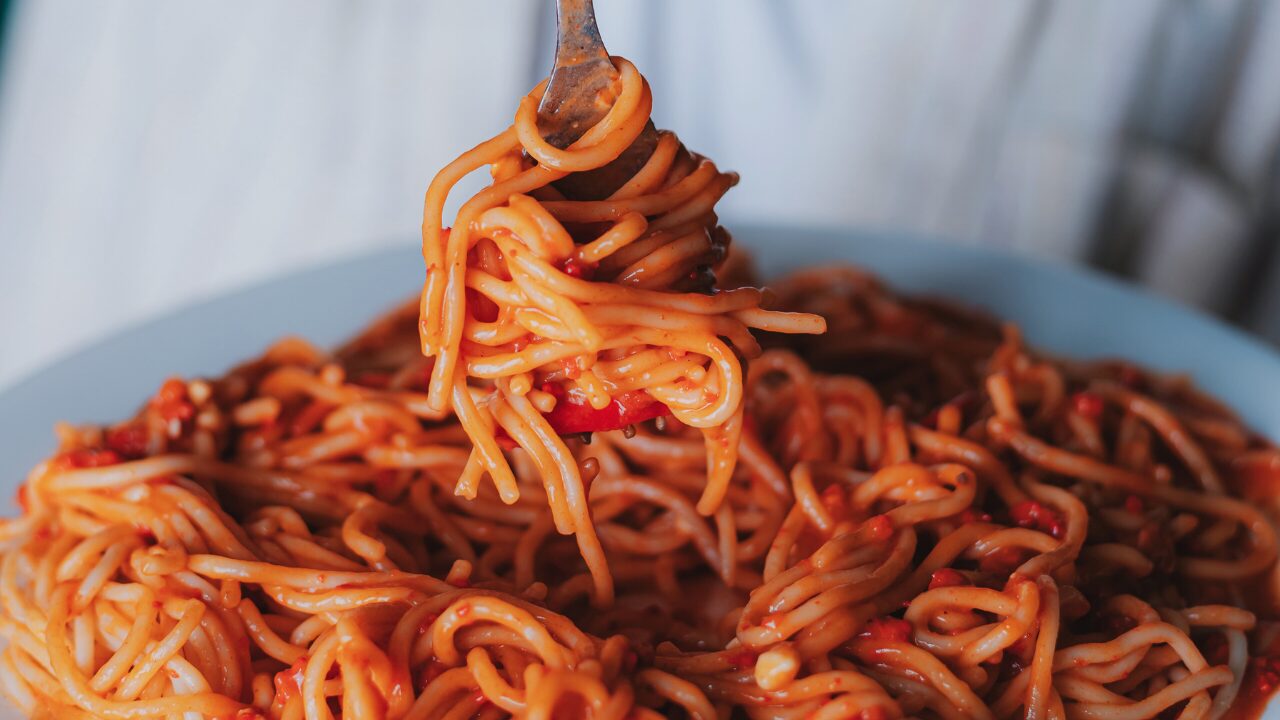Coffee brewing is both an art and a science. The method you choose to brew your coffee can dramatically influence its flavor, aroma, and overall experience. With a myriad of brewing techniques available, each offering its own unique taste profile and ritual, it’s worth exploring the various methods to find your perfect cup. In this blog, we’ll delve into some popular coffee brewing methods, discussing their histories, techniques, and the types of flavors you can expect.
Drip Coffee
History and Overview
Drip coffee is one of the most common and convenient methods of brewing coffee, especially in the United States. It gained popularity in the mid-20th century with the invention of the electric drip coffee maker.
Technique
- Grind Size: Medium.
- Coffee-to-Water Ratio: Generally, 1:15 (one part coffee to 15 parts water).
- Process: Water is heated and then dripped over ground coffee contained in a paper or metal filter. The brewed coffee collects in a carafe.
Flavor Profile
Drip coffee is known for its clean and consistent flavor, making it a reliable choice for daily consumption. The paper filter removes much of the coffee oils, resulting in a lighter body and clarity in the cup.
Espresso
History and Overview
Espresso originated in Italy in the early 20th century and has since become the foundation of many popular coffee drinks, including cappuccinos, lattes, and macchiatos.
Technique
- Grind Size: Very fine.
- Coffee-to-Water Ratio: About 1:2 (one part coffee to two parts water).
- Process: Hot water is forced through finely-ground coffee at high pressure (around 9 bars) to produce a small, concentrated shot of coffee, typically 1-2 ounces.
Flavor Profile
Espresso is characterized by its rich, full-bodied flavor and velvety crema on top. It’s intense and often features a balance of bitter, sweet, and acidic notes.
French Press
History and Overview
The French Press, also known as a press pot or plunger pot, was patented by an Italian designer in 1929 and has become a beloved method for brewing robust coffee.
Technique
- Grind Size: Coarse.
- Coffee-to-Water Ratio: Typically 1:12 to 1:15.
- Process: Coarse coffee grounds are steeped in hot water for about 4 minutes. After steeping, a metal plunger is pressed down to separate the grounds from the liquid.
Flavor Profile
The French Press produces a full-bodied, rich coffee with a strong flavor and substantial mouthfeel, as the metal filter allows oils and fine particles to pass through.
Pour Over
History and Overview
The pour-over method has gained popularity among coffee enthusiasts for its ability to produce a clean, flavorful cup. Originating in Japan, it emphasizes precision and control.
Technique
- Grind Size: Medium to medium-fine.
- Coffee-to-Water Ratio: Approximately 1:16.
- Process: Hot water is poured over coffee grounds in a slow, circular motion, typically using a gooseneck kettle for precise pouring. The coffee drips through a filter into a carafe or cup.
Flavor Profile
Pour-over coffee is celebrated for its clarity and complexity, with a clean taste that highlights the subtle flavors of the coffee beans.
Aeropress
History and Overview
Invented in 2005 by Alan Adler, the Aeropress is a relatively new but highly versatile brewing device that has quickly gained a dedicated following.
Technique
- Grind Size: Medium-fine to fine.
- Coffee-to-Water Ratio: Varies; generally 1:15 to 1:17.
- Process: Coffee grounds and hot water are combined in a cylindrical chamber. After steeping for about a minute, the coffee is forced through a paper or metal filter by pressing down a plunger.
Flavor Profile
Aeropress coffee is smooth and rich, with the ability to vary strength and extraction time to suit individual preferences. It combines elements of both immersion and pressure brewing.
Cold Brew
History and Overview
Cold brew has been around for centuries, but its popularity has surged in recent years due to its smooth, mellow flavor and lower acidity.
Technique
- Grind Size: Coarse.
- Coffee-to-Water Ratio: Generally 1:4 for a concentrate, which can be diluted before drinking.
- Process: Coarse coffee grounds are steeped in cold water for 12-24 hours. The mixture is then filtered to separate the coffee concentrate from the grounds.
Flavor Profile
Cold brew is known for its smooth, sweet taste with low acidity. It’s typically served over ice or diluted with water or milk.
Conclusion
Whether you prefer the convenience of drip coffee, the intensity of espresso, the richness of a French Press, the precision of a pour-over, the versatility of an Aeropress, or the smoothness of cold brew, there’s a brewing method out there to suit every taste. Each method offers a unique way to experience coffee, highlighting different aspects of its complex flavor profile. So, experiment with these techniques and find the one that makes your perfect cup of coffee. Happy brewing!







